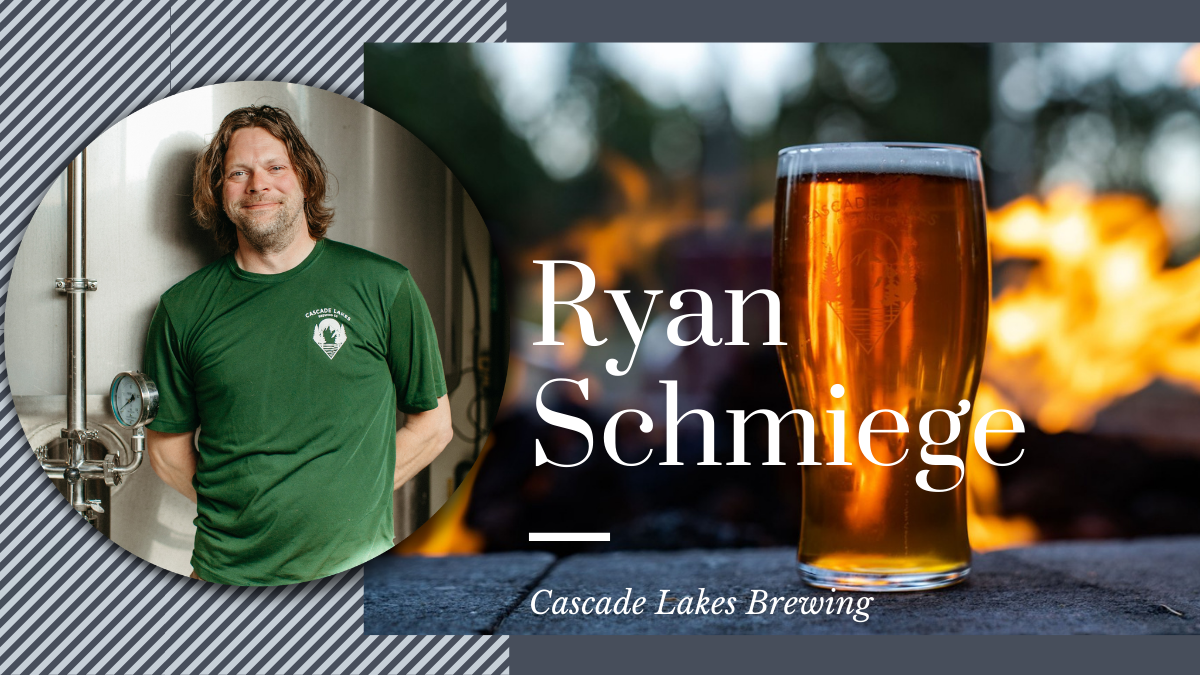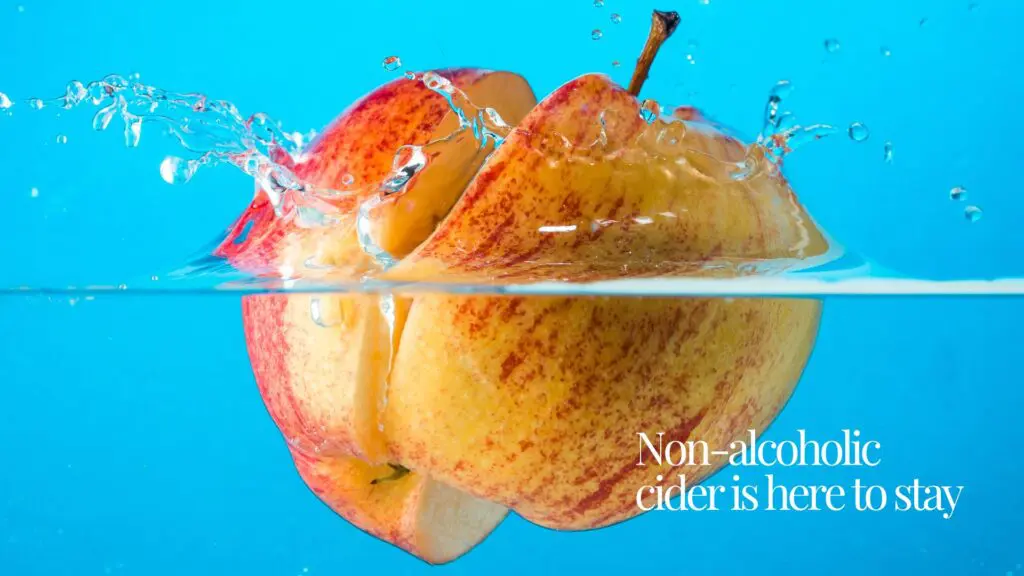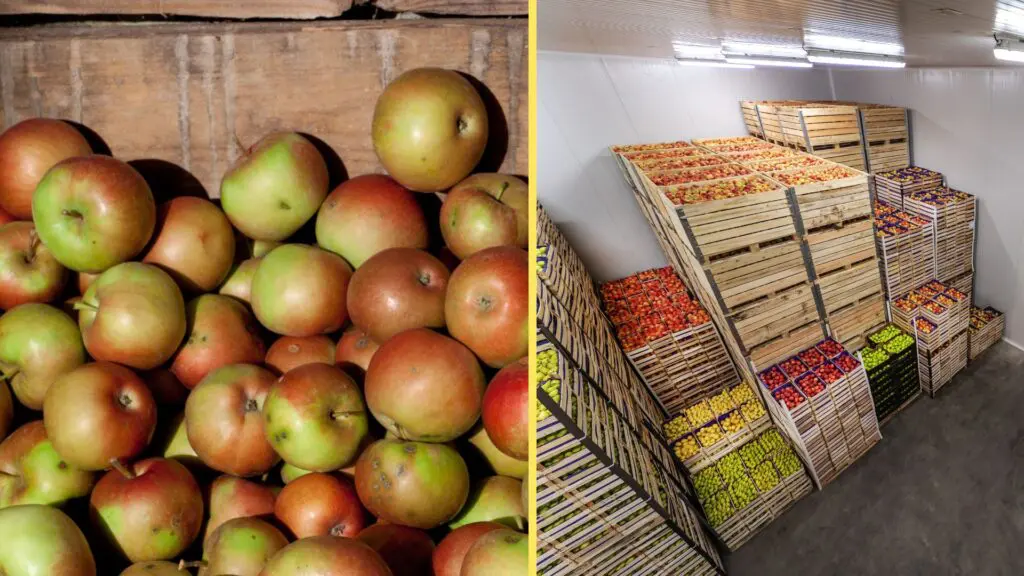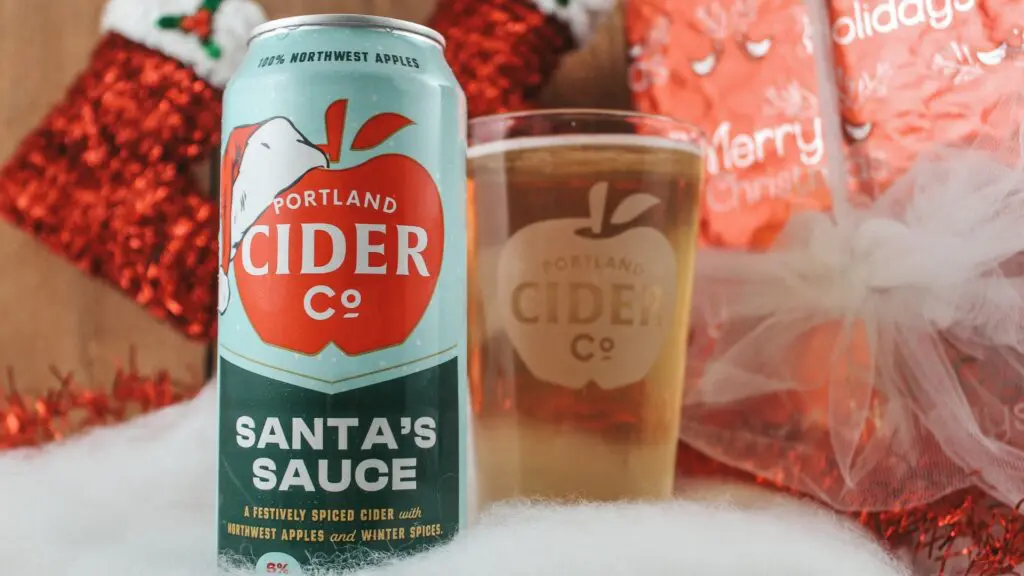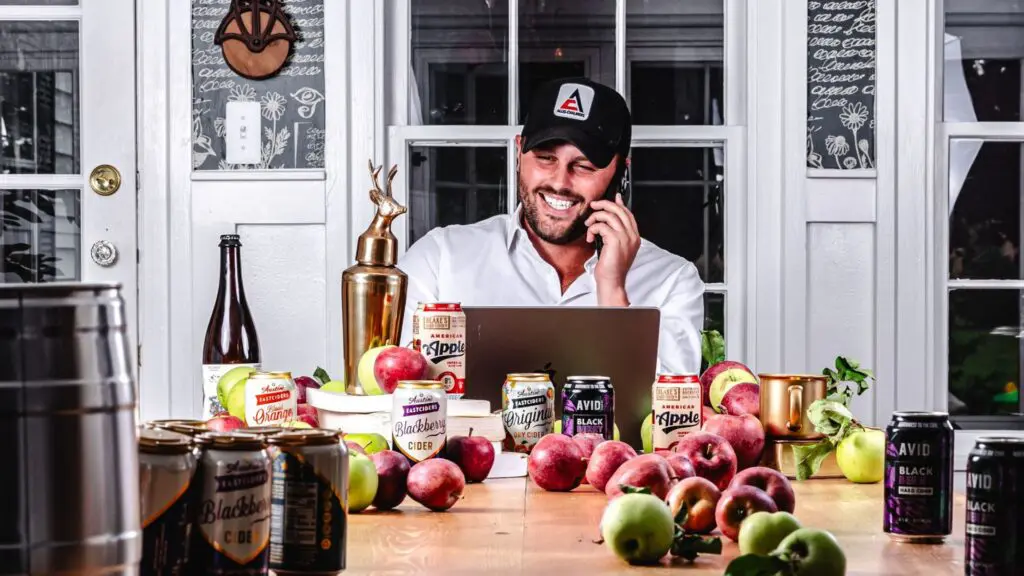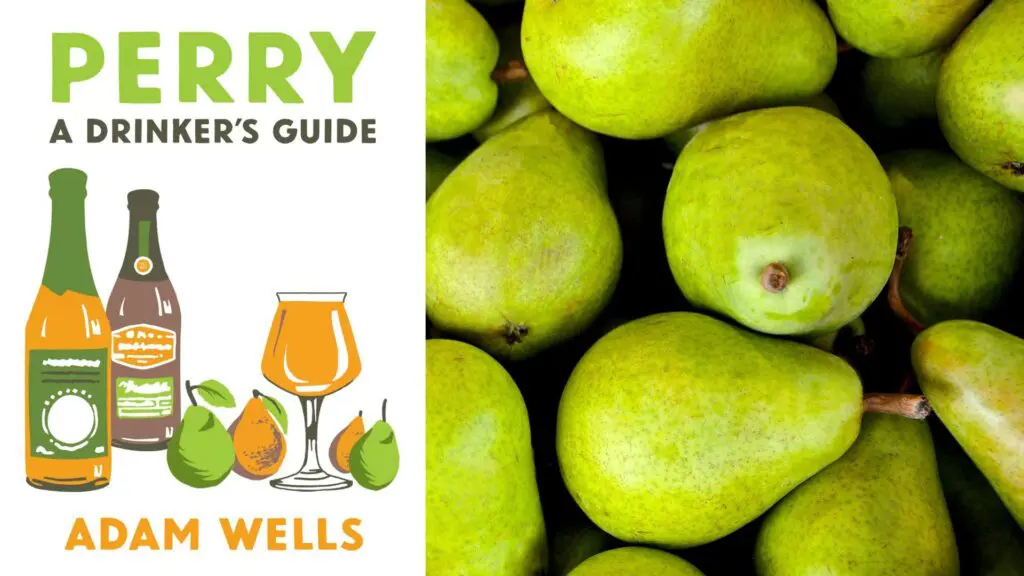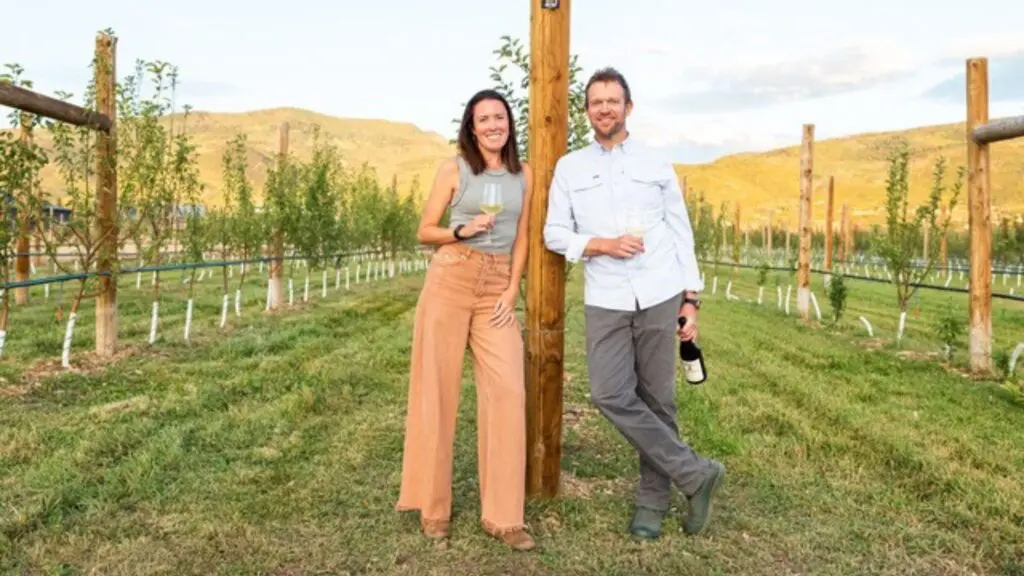In 2019, Ryan Schmiege stepped into the role of brewmaster at Cascade Lakes, the Redmond, Ore., brewery located nearly 20 miles from Deschutes Brewery in Bend where he brewed for 15 years prior. Schmiege had overseen tons of interesting projects, but making cider, at least on a commercial scale, was new to him.
However, Cascade Lakes had been chugging along as a brewery since 1994, and over time has opened a pair of pubs — in Redmond and Bend, naturally — replete with cider, wine and fully stocked bars. Of course, ownership wants to maximize as many of those sales as possible, so, first up in its expansion into a full-bore drinks company was getting a wine license (so as to make cider. Though wine may be forthcoming.) And, as it happens, the first ever cider that Schmiege made went on to earn a gold medal at the 2021 International Beer Awards.
The cider, EZ As Can Be, got its name from the juice’s source, EZ Orchards, which is located clear across the Cascade Mountains in Salem, Ore. Here, the farm-tastic Willamette Valley is renowned for its hops, grapes and apples. As such, the inaugural cider took top honors in the Farmhouse Style Cider and Apple Wine category. But rather than hang up his cider boots and retire having batted 1.000, Schmiege is just getting warmed up.
Let’s start with the obvious: How stoked were you to hit a home run with your first batch of cider?
EZ As Can Be was made first, but released second. The first cider Cascade Lakes released was Chapman — pretty straightforward juice, pressed to specific gravity plus ale yeast, then pasteurized. EZ is a blend of heirloom apples, bittersweet apples and crab apples. It was entirely fermented with yeast that comes from the orchard. Now, I’d made cider at Deschutes, but on a contract basis, so it was fermented in the (Willamette) Valley at a winery. But that’s how I met EZ Orchards’ Kevin Zielinski. He set a level with his ciders that I strive to achieve.
I got his juice in December 2019 and it finished fermentation in the spring. It was further conditioned with frozen juice, from the same blend, and additionally back-sweetened with raw juice and allowed to undergo secondary fermentation in the keg to naturally carbonate, “pét-nat” (petillant naturel) style. We put it on tap in November 2020.
Was it an agricultural moment in time — if not lightning in a bottle, then gold medal in a keg — or will you make it again?
Yes, within reason. Being a raw, agricultural product, you can’t help but have differences year-to-year. We may tweak the blend for sugars or acids. It’s the beauty of allowing nature to take its course. The aromatic and flavor qualities of the apples that came through in that cider, I was very proud of. I’ll still treat that cider like we do our beer: What can we do to improve it? Nothing is ever final. Hopefully, it will continue to be recognized in competitions and, more critically, the public.
Was there a cider for you — an aha moment — that made you do a double take of critical recognition?
It was two separate ciders. The first moment was EZ Orchards’ Cidre Semi Dry. This is my favorite of Kevin Zielinski’s ciders, which has a brilliant apple flavor and aroma and the most charming fragrant effervescent freshness. Using “EZ” in naming our cider was a nod to where the fruit came from and the deep respect we have for Kevin’s cider. Another moment was Two Towns’ Cidre Bouché. This is a rich, bold, gorgeous cider that you can taste love in.
Considering EZ As Can Be took gold in the Farmhouse category, but most people still aren’t aware of cider “styles” (since they’re rarely given such opportunities), do you think there’s a future for more consumer-savviness when it comes to cider varieties?
Without a doubt. Let’s use craft beer for an example. Thirty years ago, there were far fewer acknowledged styles in competitions and fewer still that most consumers were aware of, understood or sought out. Cider creators are just getting warmed up. That said, the consumer wants to be hit over the head with something. If blackberry flavor is their jam, great. If it’s hops, great. But subtlety and simplicity of some ciders or beers aren’t gone. Craft brewing was born out of classic, Old-World styles. Now, we joke as brewers that if I put an “Extra Special Bitter” on the menu I’m asking for it to die.
This interview has been edited and condensed for clarity.

